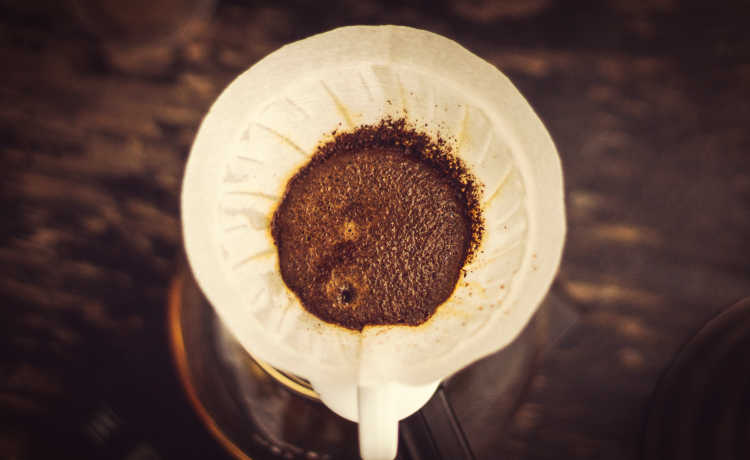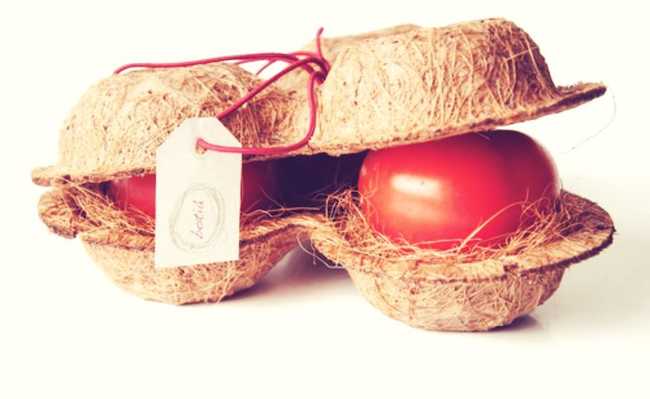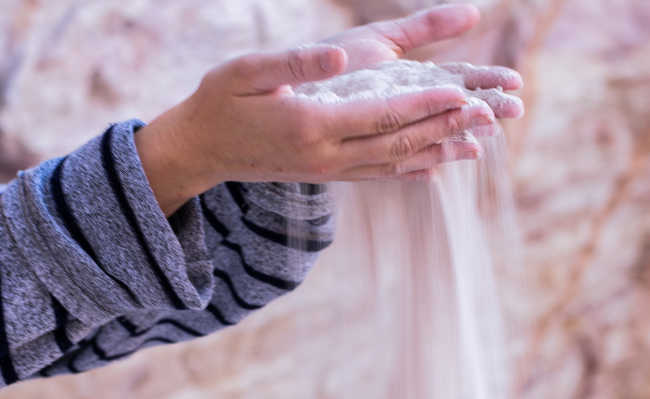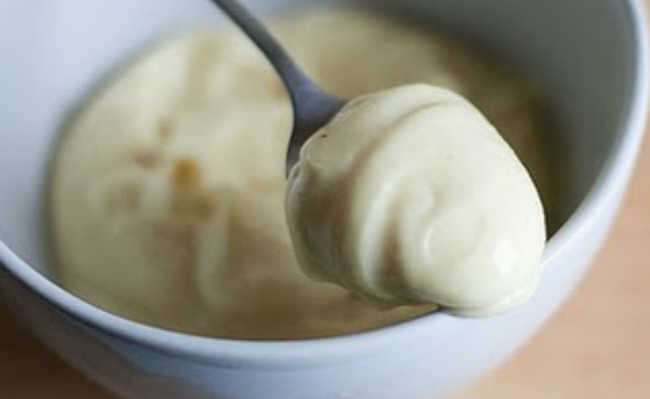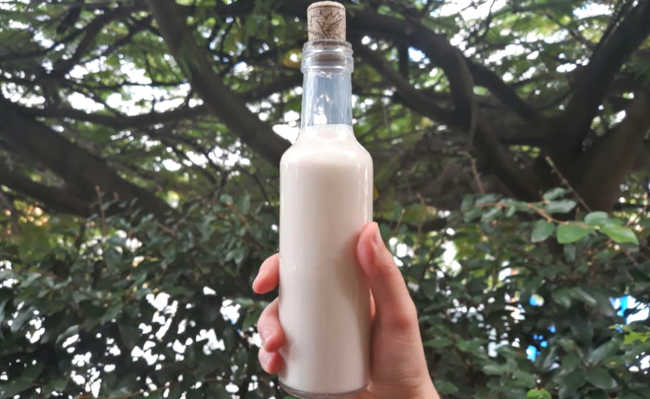Arruda: benefits of the plant and its tea
Rue has an anti-inflammatory and contraceptive effect, but high doses of the plant or its tea can be dangerous. Understand
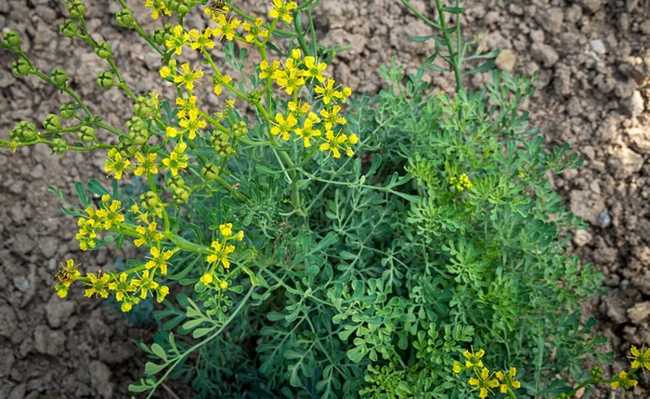
Edited and resized image from Plenuska is available on Wikimedia and licensed under CC by 4.0
Rue , scientifically called Ruta graveolens, is a plant of the Rutaceous family cultivated in different parts of the world. Rue is indicated in folk medicine to boost menstruation and promote abortion. These effects are due to its ability to cause strong uterine contractions, which can cause hemorrhages, and, in high concentrations, even the woman's death. However, in small proportions and used in other ways, rue can have beneficial properties.
What is rue for?
natural herbicide
A study published by the journal Elsevier showed that rue has the potential to be used as a natural herbicide, that is, a substance that has the property of inhibiting the growth of other plants. In agriculture, for example, it is sometimes necessary to stop the growth of other plants for the crop that we want to benefit from to develop. The problem is that conventional synthetic herbicides like glyphosate can be fatal not only to other plants, but also to humans and animals.
In this sense, rue extract can be a natural and less harmful herbicide option. However, to state with certainty that rue is effective and less harmful to human health and the environment, further studies are needed.
- Learn how to make natural insecticide and pest control in the garden
Fungicide
A study published by Journal of Agricultural and Food Chemistry evaluated the fungicidal potential of the rue leaf extract. The research concluded that some compounds present in the rue leaf extract showed antifungal activities against some species of fungi, such as Colletotrichum, C. acutatum, Fusarium oxysporum, Botrytis cinerea and Phomopsis.
Anti-inflammatory effects
THE African Journal of Biotechnology published a study in which the anti-inflammatory effects of rue extracts were tested. The analysis tested it on mice and compared the effects of rue with the effects of a known anti-inflammatory drug, Voveran. According to the study, the administration of 50 mg of methanolic rue extract per body kilo provided more significant anti-inflammatory effects than the administration of Voveran. However, it is noteworthy that the study was done with rats and ingesting rue at home without knowing the safe concentrations could be a bad idea.
Another study published by the journal Science Direct showed that rue extract has the ability to curb the production of nitric oxide and prostaglandins, pro-inflammatory substances. This means that this second study also concluded that rue has inhibitory effects on inflammation.
Antimicrobian activity
A study published by the journal Elsevier showed that rue extract has antimicrobial effects against bacteria Staphylococcus aureus, Streptococcus pyogenes, Listeria monocytogenes and Bacillus subtilis.
contraceptive effects
A survey published by the magazine Thieme came to the conclusion that rue extract has significant contraceptive activity, at least in rats.
Guinea pigs of rats that ingested rue extracts from one to ten days after intercourse showed that the plant is able to act as a contraceptive in early pregnancy.
antitumor properties
A study published by Asian Pacific Journal of Cancer Prevention came to the conclusion that rue extract decreased certain types of tumor cells in guinea pigs, extending their lifespan.
Rue tea
Rue tea has been popularly used to lower menstruation, calm and even promote abortion. In the latter case, rue tea is often mixed with drip. However, in addition to the practice of abortion being prohibited in Brazil, drinking rue tea with drip, depending on the proportion, can be dangerous for the woman's health, as it can cause intense bleeding.


